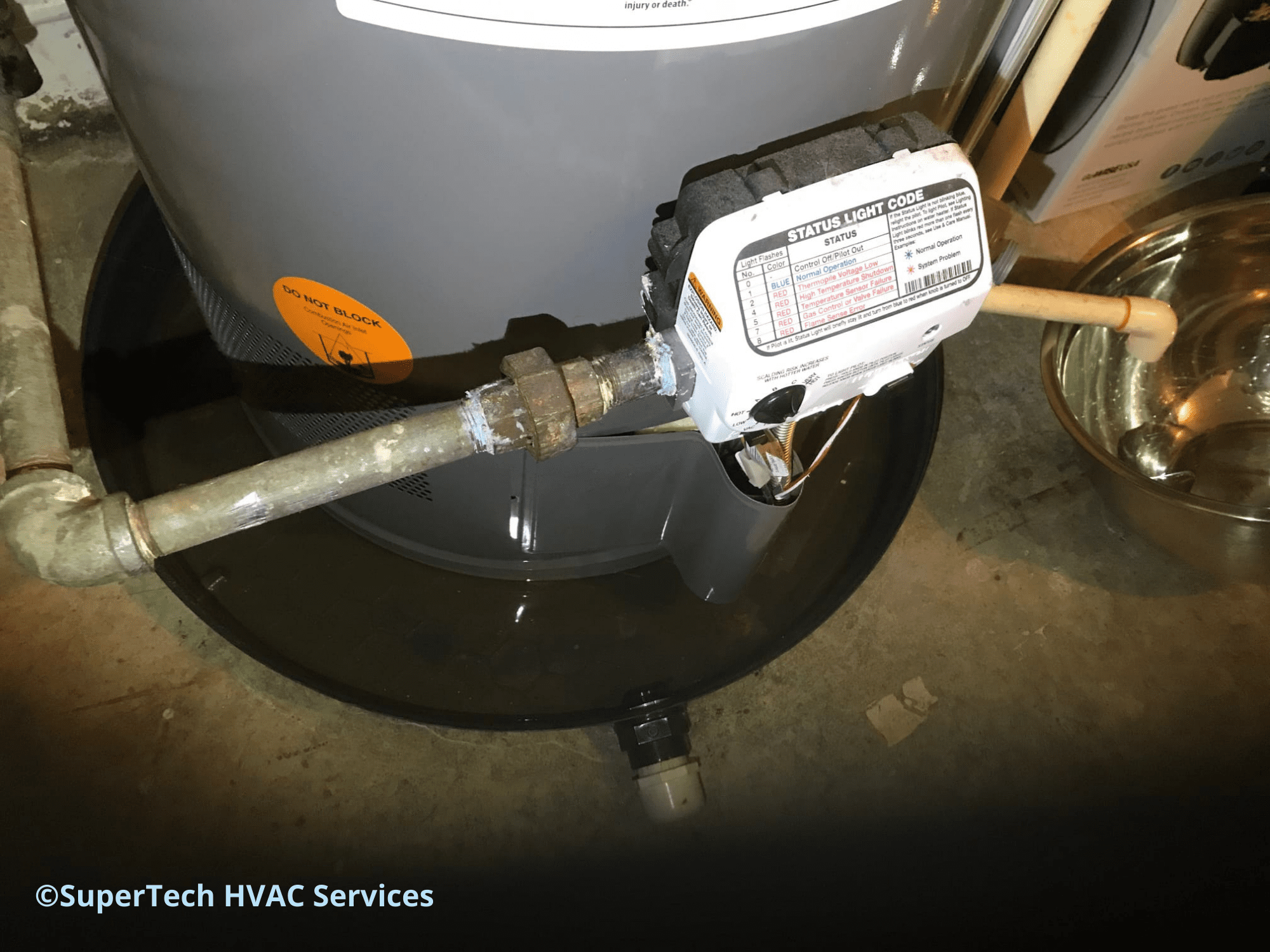Troubleshooting Regular Heater Malfunctions
Troubleshooting Regular Heater Malfunctions
Blog Article
Just about everyone will have their unique thinking in relation to Water Heaters Problems.

Imagine starting your day without your routine warm shower. That currently establishes a bad tone for the rest of your day.
Every house requires a trustworthy water heater, but only a few know just how to take care of one. One simple way to maintain your hot water heater in top form is to look for faults regularly and also fix them as quickly as they show up.
Remember to switch off your water heater prior to sniffing about for faults. These are the hot water heater faults you are probably to experience.
Water also hot or as well cold
Every water heater has a thermostat that establishes how hot the water obtains. If the water coming into your home is as well warm despite setting a practical optimum temperature level, your thermostat might be defective.
On the other hand, also cold water might be because of a failed thermostat, a damaged circuit, or incorrect gas flow. For example, if you make use of a gas water heater with a broken pilot light, you would obtain cold water, even if the thermostat is in best problem. For electric heating systems, a blown fuse might be the perpetrator.
Insufficient hot water
Hot water heater been available in lots of sizes, depending on your warm water needs. If you run out of warm water prior to everyone has had a bath, your water heater is also little for your family size. You should take into consideration setting up a bigger water heater container or choosing a tankless hot water heater, which takes up much less space as well as is extra resilient.
Weird noises
There are at the very least 5 kinds of noises you can learn through a water heater, but the most typical analysis is that it's time for the water heater to retire.
To start with, you must recognize with the typical sounds a hot water heater makes. An electric heating unit might sound various from a gas-powered one.
Popping or banging audios typically indicate there is a slab of debris in your tanks, and it's time to cleanse it out. On the other hand, whistling or hissing audios might simply be your shutoffs letting some pressure off.
Water leaks
Leaks can come from pipes, water connections, shutoffs, or in the worst-case scenario, the storage tank itself. Gradually, water will certainly corrode the tank, and find its way out. If this happens, you need to replace your water heater asap.
Nevertheless, before your change your entire tank, make sure that all pipes remain in location and that each shutoff functions completely. If you still need aid recognizing a leak, call your plumber.
Rust-colored water
Rust-colored water means among your water heater components is corroded. Maybe the anode pole, or the container itself. Your plumber will be able to determine which it is.
Lukewarm water
Despite just how high you established the thermostat, you will not obtain any hot water out of a heater well past its prime. A water heater's effectiveness may decrease with time.
You will also obtain warm water if your pipelines have a cross link. This suggests that when you activate a faucet, hot water from the heater flows in along with routine, cold water. A cross connection is easy to place. If your warm water taps still follow closing the water heater valves, you have a cross link.
Discoloured Water
Rust is a major source of filthy or discoloured water. Deterioration within the water tank or a stopping working anode pole can create this discolouration. The anode pole shields the storage tank from rusting on the inside and also must be examined yearly. Without a pole or a correctly working anode pole, the hot water swiftly wears away inside the tank. Get in touch with a specialist water heater technician to figure out if changing the anode pole will certainly deal with the problem; if not, replace your water heater.
Conclusion
Ideally, your water heater can last 10 years before you need a change. Nonetheless, after the 10-year mark, you might experience any one of these mistakes much more on a regular basis. At this moment, you must add a new hot water heater to your budget plan.
How To Troubleshoot 3 Common Water Heater Problems in Twin Cities
The Water Heater Is Leaking
A leaky cold water inlet valve A loose pipe fitting A leaky temperature and pressure relief valve A corroded anode rod A cracked tank Turn Off Your Water Heater:
Shut off your gas water heater by turning the gas valve on the unit to the “OFF” position. Shut off your electric water by switching its power off at your electrical panel. Look for a two-pole breaker labeled “water heater” and turn it to the “OFF” position. Move the ball valve connected to the water heater to be perpendicular to the piping at a 90° angle. Look for the Leak:
Depending on whether the water is coming from the tank's top or bottom, you’ll want to look for the leak in different locations.
If the leak comes from the top of the tank, carefully look for water escaping from the cold water inlet valve or loose pipe fittings. Rusted hot and cold water valves can have loose connections with the tank, with water leaking out of them.
https://mspplumbingheatingair.com/blog/how-to-troubleshoot-3-common-water-heater-problems
Hopefully you enjoyed our section about Common Problems with Tank Water Heaters. Many thanks for taking time to read our piece of content. Remember to take the opportunity to distribute this content if you enjoyed it. Thanks a bunch for your time. Kindly visit our blog back soon.
Burst pipes? Get immediate help. Report this page